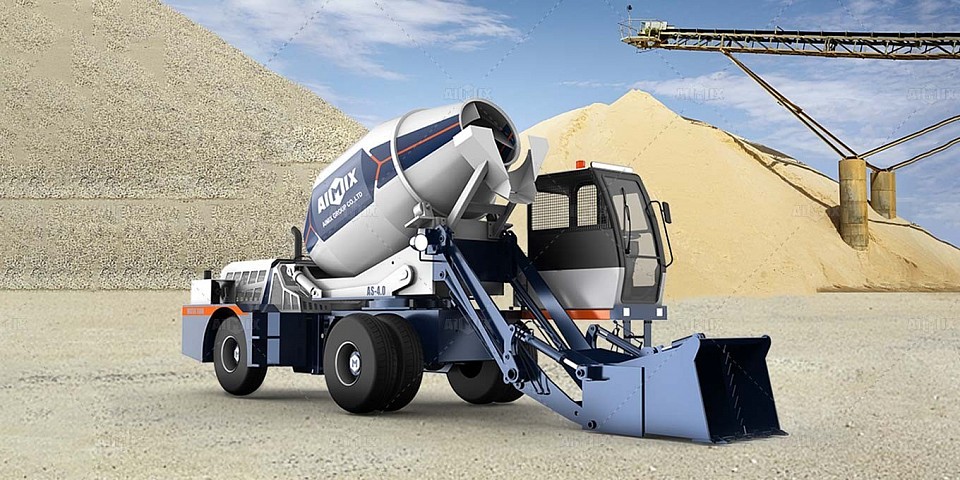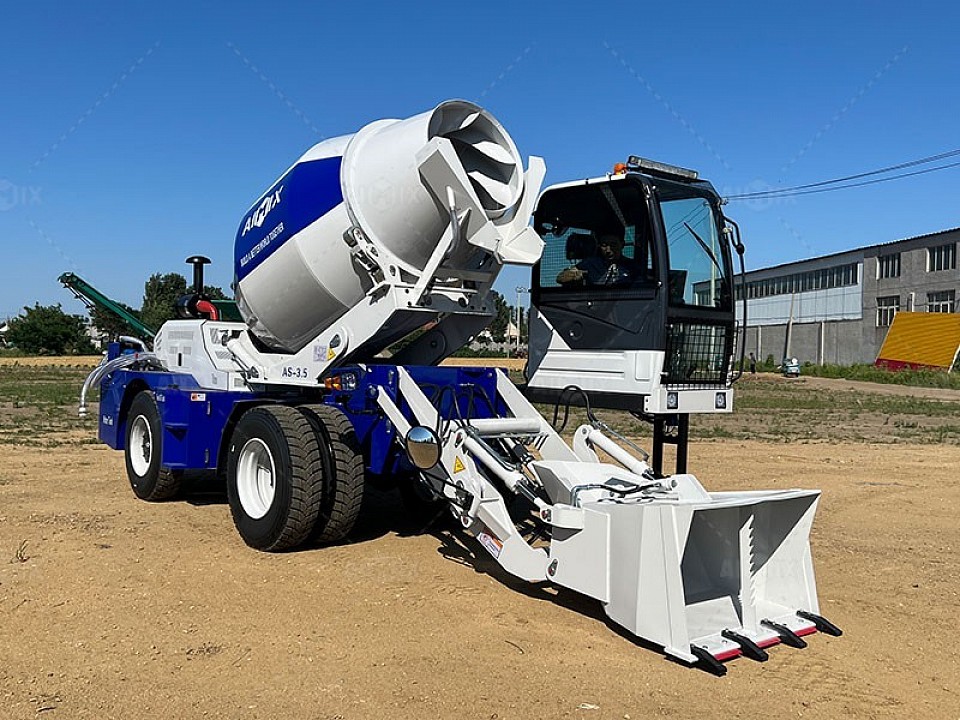Why Contractors Are Embracing Self-Loading Concrete Mixer Technology
The construction industry has long been characterized by its relentless pursuit of efficiency and innovation. In recent years, contractors have increasingly turned to self loading concrete mixture technology, a game-changer that streamlines the concrete mixing and pouring process. This shift is not merely a trend; it represents a fundamental transformation in how projects are executed, leading to enhanced productivity and cost-effectiveness.
Enhanced Efficiency
Streamlined Operations
Self-loading concrete mixers are designed to autonomously load, mix, and pour concrete with minimal human intervention. This automation drastically reduces the time spent on each project phase. Traditionally, contractors relied on multiple vehicles and personnel to transport and mix concrete, which often led to delays and inefficiencies. With a self-loading mixer, the entire process can occur on-site, enabling a seamless workflow that keeps projects on schedule.
Reduced Labor Costs
Labor shortages have plagued the construction industry for years, making it increasingly challenging to find skilled workers. Self-loading mixers mitigate this issue by minimizing the number of personnel needed on-site. By reducing reliance on a large workforce, contractors can cut down on labor costs while still maintaining high productivity levels. This technology not only addresses immediate labor challenges but also helps contractors allocate their human resources more strategically.
Improved Quality Control
Consistent Mixture Quality
One of the most significant advantages of self-loading concrete mixers is the enhanced control over the mixing process. These machines are equipped with sophisticated systems that ensure precise ingredient measurements, resulting in uniform concrete quality. In contrast, traditional methods often suffer from inconsistencies due to variations in mixing techniques or human error. This reliability is essential in construction projects, where structural integrity is paramount.
Real-Time Monitoring
Many self-loading mixers come with integrated technology that allows for real-time monitoring of the mixing process. This feature enables contractors to track the quality of the concrete as it is being produced, ensuring that it meets the required specifications. If any discrepancies arise, adjustments can be made on the fly, further enhancing the overall quality of the final product. Visit this link.
Versatility and Accessibility
Adaptable to Various Projects
Self-loading concrete mixers are incredibly versatile, making them suitable for a wide range of construction projects. From small residential builds to large commercial developments, these machines can handle different types of mixes and volumes. This adaptability allows contractors to take on diverse projects without needing specialized equipment for each job, ultimately broadening their service offerings.
Increased Accessibility
In many cases, traditional concrete delivery methods require substantial access to the site, which isn’t always feasible in urban or confined environments. Self-loading mixers can maneuver in tighter spaces, making them ideal for projects in challenging locations. Their compact design and all-terrain capabilities enable contractors to deliver concrete where it’s needed most, without the logistical headaches associated with larger vehicles.
In conclusion, the embrace of self-loading concrete mixer technology by contractors reflects a broader trend toward efficiency, quality, and adaptability in the construction industry. By streamlining operations, enhancing quality control, and offering versatile solutions, these mixers are not just a passing fad but a significant step forward in modern construction practices. As the industry continues to evolve, the adoption of such innovative technologies will likely become the norm rather than the exception.


